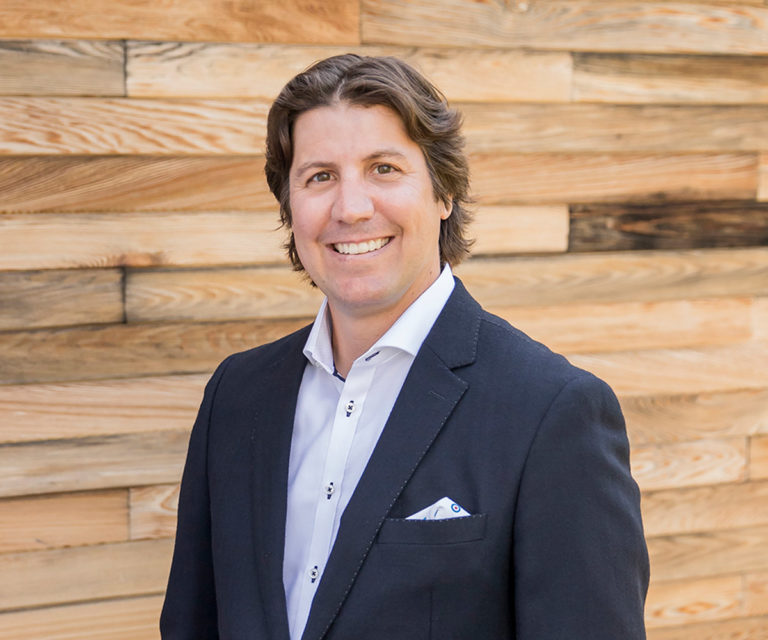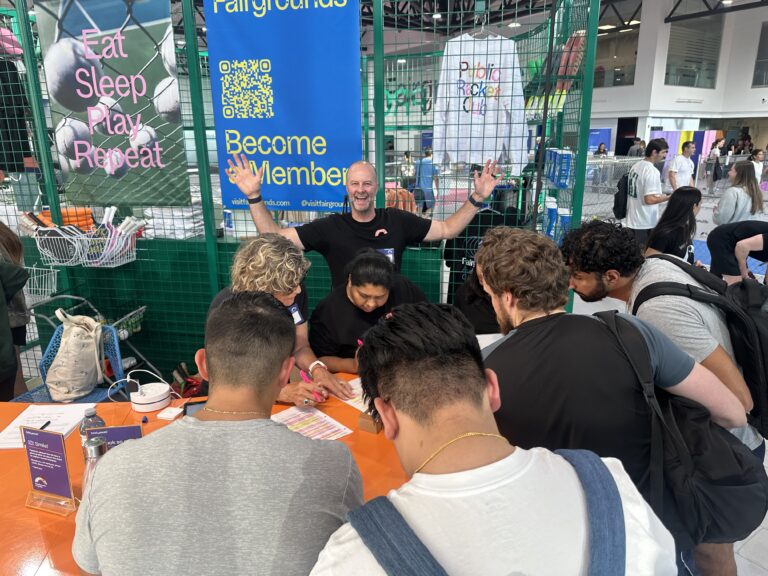Hybrid, flexible work will be a permanent feature across North American workplaces as we slowly emerge from the coronavirus pandemic—and virtual benefits are not only here to stay, but will become an increasingly important aspect of the employee group benefits experience. Those were two of the most important insights that were exchanged during last week’s debut installment of The Bridgewell Sessions.
Our panelists—Flexday founder and CEO Justin Raymond, Post Beyond VP of People and Operations Shawna Stewart, Tulip Retail VP of Human Resources Marco Osso, iQ Office Suites CEO Kane Wilmott and Bridgewell Financial Benefits and Savings Program Consultant Amr Galal—shared their thoughts on a wide range of topics relating to the future of the workplace and group benefits strategies in the post-pandemic era.
Host and Bridgewell co-founder Michael Wortsman led the discussion with a question on overcoming a key hurdle of hybrid work: the lack of face-to-face interaction and the potential to lose opportunities for collaboration. As Stewart noted, the key to overcoming those hurdles is by adjusting performance-management strategies and expectations.
“There’s a lot of worry that people have in terms of employees missing opportunities if they’re not sitting in a seat in front of their manager and are deemed to not be as hard-working as their colleagues,” she explained. “Organizations need to change the way they measure performance, going from a focus on output- to outcome-driven results.”
Galal added that many organizations are booking meeting spaces once or every two weeks to help facilitate collaboration and the sharing of ideas in their workspaces.
So, is a hybrid work arrangement now an employee expectation? The resounding consensus among the panelists was that, yes, in the post-pandemic era those workers whose roles allow for remote work expect to be able to do so—at least some of the time.
“It’s almost a deal-breaker now with the labour market; almost no one is going back to the office five days a week,” Osso stated.
But he also made the observation that hybrid work requires a commitment on the part of organizations to avoid ‘having the worst of both worlds.’ That means ensuring that your organization has the right collaboration tools, workplace policies and productivity strategies in place to allow employees to achieve their full potential and remain engaged on the job.
His company Tulip Retail allows employees to work whenever or wherever they want—even four days a week—if they can manage their workload and still support their customers, which is an essential priority for the organization.
As Osso explained: “Our guiding principle is that we want to be as flexible as possible with our employees … but they need to understand that we run a business and need to ensure our customers have a strong service experience, as well.”
The embrace of hybrid working may be more widespread in some industries—many technology sector companies actively promote their flexible work model, for example—but it’s by no means restricted to any one corner of the economy. As iQ Offices’ Kane Wilmott noted, his clients range from Fortune 500 companies to small- to medium-sized organizations across sectors as diverse as personal services and fintech. He’s watched that disparate cross-section of clients search for innovative ways to make hybrid work an effective part of their workplace cultures.
“Hybrid is happening across the board,” he said. “But every organization is unique and I haven’t seen one that has it all figured out.”
A similar adaptation and push for optimization is playing out on the group benefits front. The coronavirus pandemic prompted insurers and benefit solutions providers to shift their strategic focus and capital online, complementing their traditional service offerings with increasingly robust virtual options. As COVID-19 took hold, they quickly bolstered their digital experiences and the industry made a quantum leap in virtual benefit capabilities.
“Virtual tools are now table stakes due to the pandemic,” Galal stated. “Your benefits provider had better have an app and a good user experience, and if not, they’re not going to win your business.”
He reminded our audience that the new challenge for employers will be providing the same group benefits experience for all employees, no matter where they live. That includes access to everything from acute medical or mental health care services to wellness-focused providers such as personal trainers.
Flexday’s Justin Raymond pointed out that many of the smaller companies that his company works with are leveraging their hybrid work model as a key feature of their overall benefit offering. “If hybrid working touches the productivity, relationship or happiness of the employee and gives them the opportunity to enhance their lives, it rolls into making a happier and more engaged employee,” he said.
While it may be too soon to pinpoint exactly how group benefits packages will be reshaped in the months and years ahead, Stewart said that the focus on employees’ whole wellness will be critical moving forward. That means looking beyond only the in-work experience and shifting the emphasis to helping enhance employees’ well-being in every aspect of their lives.
“One example will be making sure that group benefits offerings cater to the needs of employees’ children,” she said.
“You need to think beyond the employee and think about their families as well.”
The first of The Bridgewell Sessions was such a success that we, too, are looking beyond. Stay tuned for more information on the second in our ongoing Sessions series, coming soon. And thank you again to everyone who was able to join us. We can’t wait to bring you the next installment as we deliver the insights you need to achieve personal and professional financial success.
The Bridgewell Team






